India introduces net neutrality rules barring Facebook's free Internet
The new rules came after Facebook launching an advertising campaign in support of its Free Basics program
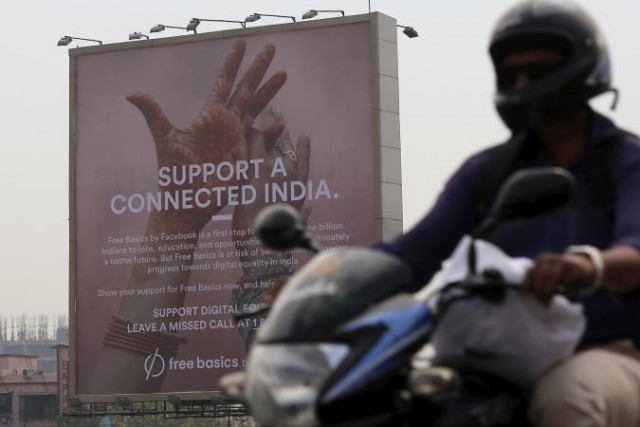
PHOTO: REUTERS
The new rules came after a two-month-long consultation process that saw Facebook (FB.O) launching a big advertising campaign in support of its Free Basics program, which runs in more than 35 developing countries.
Facebook’s internet for all is a tough sell in India
The program offers pared-down Internet services on mobile phones, along with access to the company's own social network and messaging services, without charge.
The service, earlier known as internet.org, has also run into trouble in other countries that have accused Facebook of infringing the principle of net neutrality - the concept that all websites and data on the Internet be treated equally.
Critics and Internet activists argue that allowing access to a select few apps and Web services for free would put small content providers and start-ups that don't participate at a disadvantage.
On his Facebook page, Chief Executive Mark Zuckerberg wrote, "Connecting India is an important goal we won't give up on, because more than a billion people in India don't have access to the internet. We know that connecting them can help lift people out of poverty, create millions of jobs and spread education opportunities."
On Monday, the Telecom Regulatory Authority of India (TRAI), which had suspended the free Facebook service pending a policy decision, said Internet service providers would not be allowed to discriminate on pricing for different Web services.
"Essentially everything on the Internet is agnostic in the sense that it cannot be priced differently," TRAI Chairman Ram Sevak Sharma said at a news conference.
Although the new rules will also have implications for plans by Indian telecom operators to make money from rapidly surging Web traffic through differential pricing, Facebook's campaign turned the spotlight on the social networking giant.
Goal 2020: ‘Internet belongs to everyone’
Free Basics is part of Facebook's ambition to expand in its largest market outside the United States. Only 252 million out of India's 1.3 billion people have Internet access.
"We are delighted by the regulator's recognition of the irreversible damage that stands to be done to the open Internet by allowing differential pricing," said Mishi Choudhary, a New York-based lawyer who led an online campaign against Facebook.
Facebook shares closed down 4.2 percent at $99.75 on the Nasdaq amid broad weakness in US markets.
India regulator deals blow to Facebook in Internet row
Responding to the decision, Facebook chief executive Mark Zuckerberg said the world's biggest social network still sees value in the program
"While we're disappointed with today's decision, I want to personally communicate that we are committed to keep working to break down barriers to connectivity in India and around the world," Zuckerberg said on his Facebook page.
"Connecting India is an important goal we won't give up on, because more than a billion people in India don't have access to the Internet."
On a visit to New Delhi in October, Zuckerberg spoke of his desire to help "the next billion", the approximate number of Indians without the Internet, get online.
The technology giant had mounted a campaign via newspapers and text messages in India, asking people to lobby the regulator not to bar Free Basics.
Facebook formally launches its limited-free internet service in Pakistan
The TRAI's ruling was a clear victory for net neutrality advocates, who seek to prevent companies from restricting access to the Internet, with the regulator saying it had been "guided by the principles of net neutrality".
There may be exemptions to the ruling allowing for free or cheaper data packages in case of emergencies, TRAI said, adding that the policy may be reviewed every two years or sooner.
A spokesperson for mobile operator Reliance Communications, Facebook's partner for Free Basics, declined to comment.

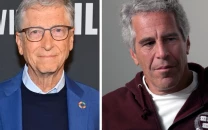

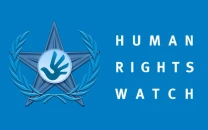
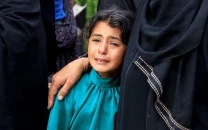
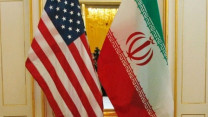
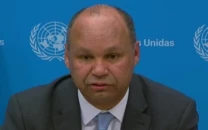












COMMENTS
Comments are moderated and generally will be posted if they are on-topic and not abusive.
For more information, please see our Comments FAQ